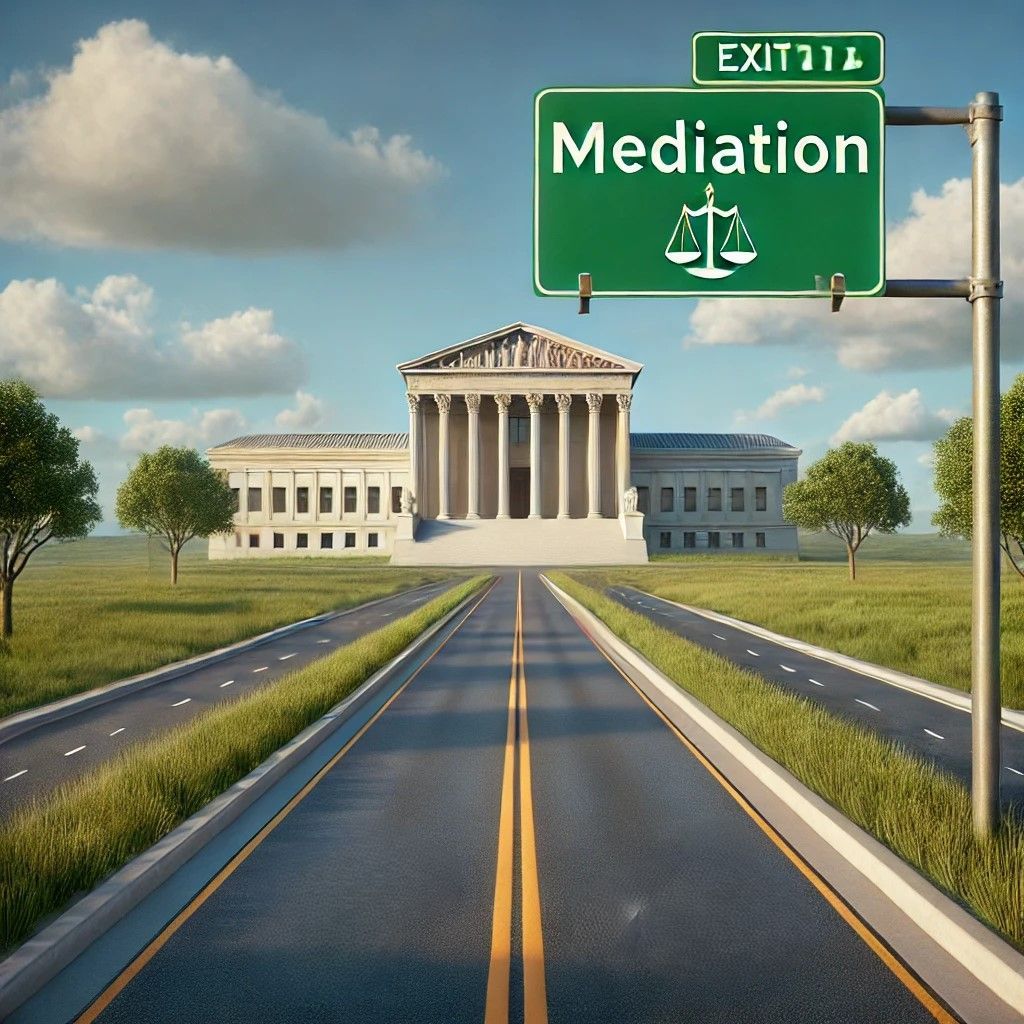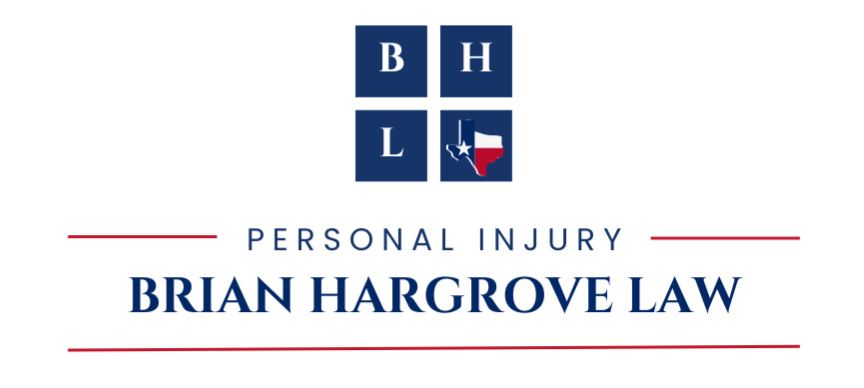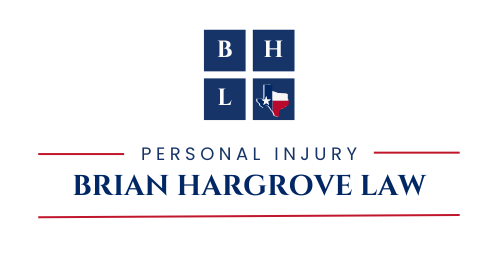WHAT IS MEDIATION IN PERSONAL INJURY CASES? A TEXAS GUIDE
Brian Hargrove | August 7, 2025 | PERSONAL INJURY

If you're pursuing a personal injury claim in Texas, your personal injury lawyer may recommend mediation to resolve your case. But what is mediation, and how can it benefit your personal injury case? Let's explore this powerful alternative to going to trial.
WHAT IS MEDIATION?
Mediation is a confidential settlement process where both parties meet with a neutral mediator to negotiate a resolution. Unlike a judge, the mediator doesn't decide your case—they facilitate discussions to help you, and the other party reach a mutually acceptable agreement.
Your personal injury lawyer will be present throughout mediation to protect your interests and guide you through negotiations.
WHY PERSONAL INJURY CASES USE MEDIATION
FASTER RESOLUTION
Court trials can take years to schedule. Mediation provides an opportunity to resolve months prior to the trial date. This means faster compensation for your damages, including medical bills, lost wages, and pain and suffering.
Cost-Effective Settlement
Mediation provides an opportunity to significantly reduce expenses.
You Stay in Control
Unlike trial outcomes decided by judges or juries, you maintain complete control over whether to accept any mediation settlement offer.
Privacy Protection
Mediation proceedings remain confidential, while court trials become public record. Many personal injury clients prefer keeping their case details private.
HOW THE PERSONAL INJURY MEDIATION PROCESS WORKS
Step 1: Pre-Mediation Preparation
Your personal injury lawyer will:
- Gather all the evidence, including medical bills and records, photos, etc.
- Prepare a case summary for the mediator
- Discuss your settlement goals and expectations
- Calculate the full value of your personal injury claim
Step 2: The Mediation Session
The process typically includes:
- Opening statements from both sides presenting their case
- Private caucuses where the mediator meets separately with each party
- Negotiation rounds facilitated by the mediator
- Settlement agreement if both parties reach acceptable terms
Most personal injury mediations last 4-8 hours, though complex cases may take longer.
What to Expect During Mediation
Your Active Participation
While your personal injury lawyer handles negotiations, your input is essential. You'll work together to evaluate settlement offers and make decisions about your case.
Realistic Expectations
Successful mediation often involves compromise. The goal is reaching a fair resolution that compensates you adequately for your injuries, even if it's not the maximum amount you initially sought.
Emotional Preparation
You may hear the other party's perspective on your accident. Remember, their position is often strategic rather than personal.
Benefits of Having Brian Hargrove as Your Personal Injury Lawyer in Mediation
Brian Hargrove is an experienced personal injury lawyer that brings crucial advantages to mediation:
- Accurate case valuation including future medical expenses and long-term impacts
- Strong negotiation skills to maximize your recovery
- Legal protection ensuring settlement agreements protect your interests
- Objective perspective on your case's strengths and potential challenges
Is Mediation Right for Your Personal Injury Case?
Mediation works well when:
- Both parties are willing to negotiate in good faith
- Liability isn't heavily disputed
- There's reasonable disagreement about damages
- You want to avoid trial uncertainty and delays
Texas Personal Injury Mediation: Moving Forward
Mediation provides an excellent opportunity to resolve your personal injury case while maintaining control over the outcome. It's typically faster and less expensive than trial, making it an attractive option for many of our Texas personal injury clients. Remember, choosing mediation doesn't prevent you from going to trial if you're unsatisfied with settlement offers. It simply provides another avenue to pursue fair compensation for your injuries.



